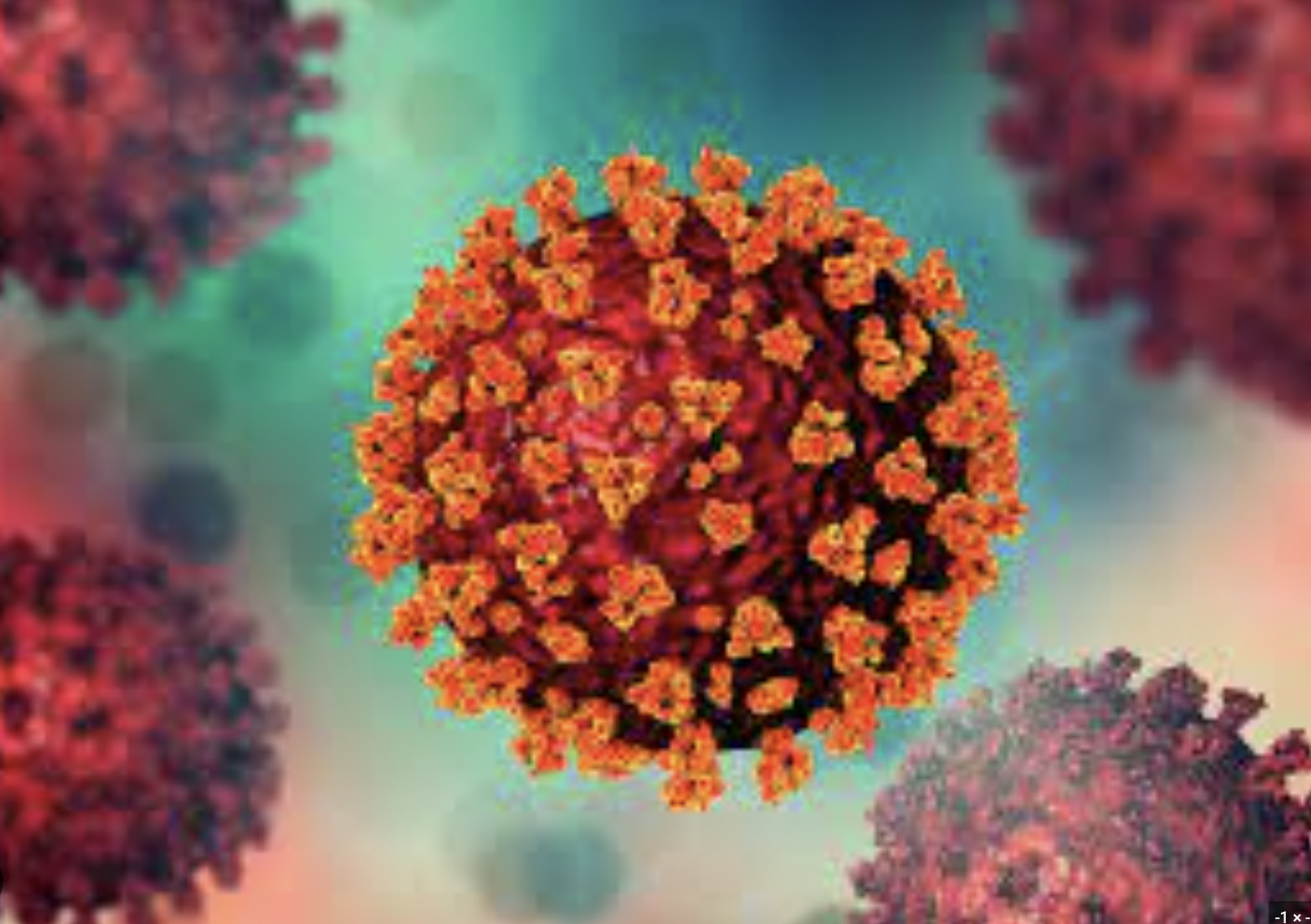What Is Long Covid? What Can You Do About It?
/One difficulty about the Covid-19 pandemic is that it never really ended. The virus isn’t something we were just able to eliminate—it’s still among us, and new variants are still proliferating (I know a lot of people in New York who have contracted it over the last few months!). For that reason, many people are concerned about “long Covid”—aka the long-term symptoms of Covid-19. In this blog post, I endeavor to explain what long Covid is, how it manifests, and what you can do to avoid it and/or treat it.
First, it’s worth mentioning that long Covid isn’t an inevitability. The majority of people who come down with Covid recover safely, with no lasting issues. But some people, who are referred to as “long-haulers,” continue to experience symptoms and health problems in the months following their initial positive test.
The symptoms of long Covid vary from person to person, both in terms of severity and how they show up. Some people find that their long Covid symptoms are merely a prolonging of the symptoms they already felt following infection—fatigue, shortness of breath, loss of taste or smell, chest pain, brain fog, to name a few. Others find that they’re dealing with new symptoms related to their heart, joints, or hair (e.g. hair loss). The degree and nature of the symptoms may be influenced by the overall health of the individual, but honestly, it’s hard to say. Scientists are still trying to figure that out for themselves!
What causes long Covid?
Because the Covid-19 virus is still fairly new, scientists are still fleshing out their theories for long Covid and its causes. One of those theories has to do with inflammation—specifically, too much inflammation. Some scientists believe that the surge of inflammation that occurs when a virus enters the body (because the immune system is trying to respond to the virus), can cause damage to other parts of the body, which manifests in symptoms. If you’ve read my past blog posts on inflammation, you already know that it does in fact cause serious damage and increase one’s risk of disease—so it’s worth considering the ways you can reduce inflammation.
The other prevalent theory is that the body’s immune system is still in fight mode from the initial infection—it just never turned off. In other words, the immune system is activated when it doesn’t need to be, which could be causing symptoms. Hopefully researchers are able to better nail down the exact causes of long Covid soon, but regardless, we should all know how to cope with the symptoms if we ourselves contract them.
What you can do about long Covid
Per the CDC, the best way to prevent long Covid is to avoid being infected with Covid at all. Strategies for this include vaccination and isolation from people who you know have tested positive for the virus. As always, we should continue to wash our hands well after touching public surfaces.
In terms of treatment, there isn’t one single answer, as we’re still learning about the nature of the virus. Experts recommend talking to your general practitioner about your symptoms so they can recommend ways to combat them—for instance, if you are suffering mentally, seeking professional psychological help, or physically, consulting with a physical therapist. The British Heart Foundation has a whole guide to dealing with the symptoms of long Covid, including fatigue, brain fog, memory and thinking problems, shortness of breath, mood and mental health issues, loss of taste and smell, muscle and joint pain, and more. You can access that guide for free HERE.
Other management and treatment options include medication, pulmonary rehabilitation, physical therapy, antiviral medication, and more—it depends on what your symptoms are. If you suspect you’re experiencing long Covid, the next best step is to contact your doctor and break down your symptoms. From there, you can research the ways you can address each of them, and give them a try.
Final word
My first piece of advice for anyone who may be dealing with long Covid is: don’t panic—there are steps you can take. As the Cleveland Clinic notes, many long-haulers do get better with time—how much time depends on the person and symptoms (for some it’s a few weeks or months, others it’s 12 to 18 months, but regardless, it’s most likely not a forever thing). The goal is to be persistent and consistent with your actions, as well as observant, so you can notice what works and what doesn’t.
My other main piece of advice is to keep yourself as healthy as possible, so that your body is in the best condition to fight off your symptoms and heal. To me, my healthiest self looks like:
Taking or eating something with probiotics every day
Getting 30 grams or more of protein at every meal
Engaging in some form of activity daily, whether it’s walking, yoga, strength training, etc.
Taking a turmeric supplement (that contains black pepper) every day for inflammation
Washing my hands and using hand sanitizer regularly
Drinking PLENTY of water
Getting eight or more hours of sleep per night
Keeping my stress levels low (which isn’t always easy!)
Eating at least one vegetable at every meal, but ideally two or three
Meditating and deep breathing (this is good for improving shortness of breath too!)
As I always say, knowledge is power—now you know what long Covid is, how to best avoid it, and what your treatment options can look like. I hope you feel less worried, more empowered, and more assured that you will be okay.
Xo,
Renata

